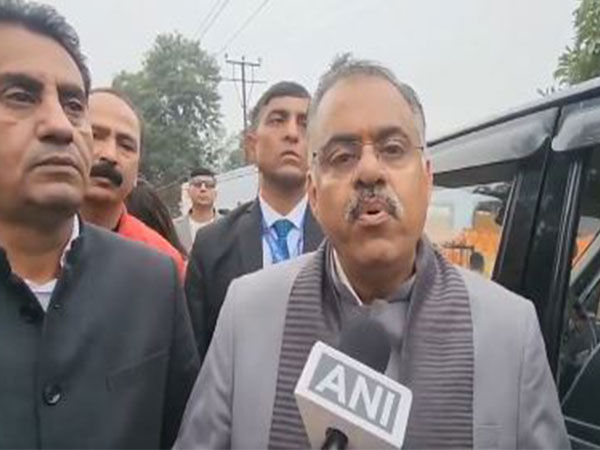Delhi Liquor Scam: CAG Report Accuses Kejriwal of Corruption
BJP's Tarun Chugh has accused Delhi CM Arvind Kejriwal of corruption following a CAG report revealing AAP leaders profited from kickbacks, leading to a Rs 2,026 crore revenue loss. The report highlights policy deviations, lack of transparency, and license violations, suggesting a major political controversy.

- Country:
- India
The Bharatiya Janata Party's national general secretary Tarun Chugh made serious allegations against Delhi Chief Minister Arvind Kejriwal on Saturday, accusing him of corruption based on findings from a Comptroller and Auditor General (CAG) report. The report indicates that leaders of the Aam Aadmi Party benefited from illicit kickbacks linked to the state's excise policy, resulting in a staggering Rs 2,026 crore revenue loss to Delhi's exchequer.
Chugh, speaking to ANI, emphasized that the CAG report exposes Kejriwal's complicity in a scheme designed to exploit Delhi's resources. He contends that the findings serve as incontrovertible evidence of a widespread scheme involving the AAP to defraud the public. He argues that court proceedings have previously suggested Kejriwal's prima facie involvement, and the latest revelations further confirm this alleged conspiracy.
The CAG report meticulously outlines a series of missteps regarding the excise policy, including fundamental deviations from its original objectives, a pervasive lack of pricing transparency, and overlooked penalties for license violations. Notably, the report attributes a Rs 890 crore loss to the failure to re-tender surrendered licenses and a Rs 941 crore loss to unwarranted exemptions for zonal licenses, further exacerbating the state's financial deficit.
The executive summary of the CAG report criticizes the Department for lax practices in issuing licenses without requisite checks, such as validating solvency or verifying financial statements. Moreover, essential data regarding sales and regional pricing remained unverified, while scrutiny of criminal records was notably absent. These procedural oversights have been deemed the primary contributors to the failure in achieving the intended policy goals.
(With inputs from agencies.)
ALSO READ
BJP Demands Transparency: AAP Government Urged to Present CAG Reports
Kejriwal Accuses BJP of Sabotaging AAP Welfare Schemes Amid Allegations
Political Clash: Mahila Samman Yojana Sparks BJP and AAP Row
Delhi LG Orders Probe into Alleged Data Breach in AAP's Welfare Scheme
Manoj Tiwari Criticizes AAP Governance in Northeast Delhi










